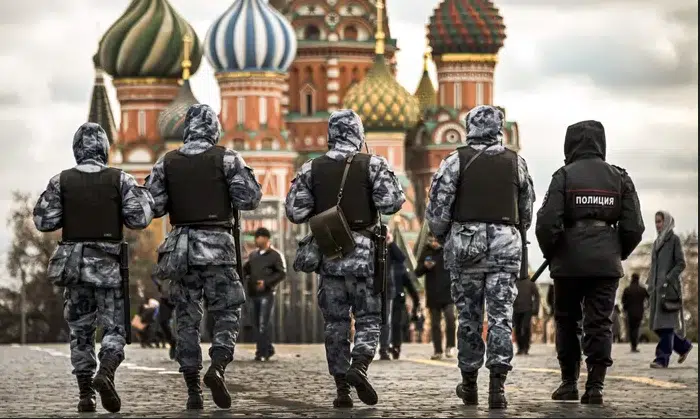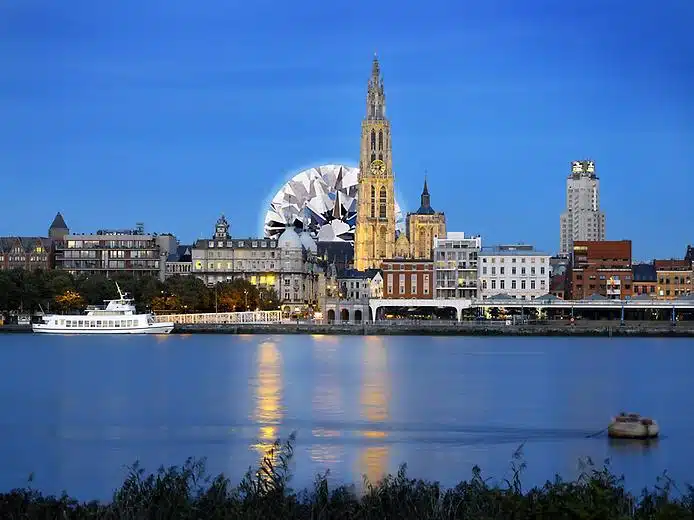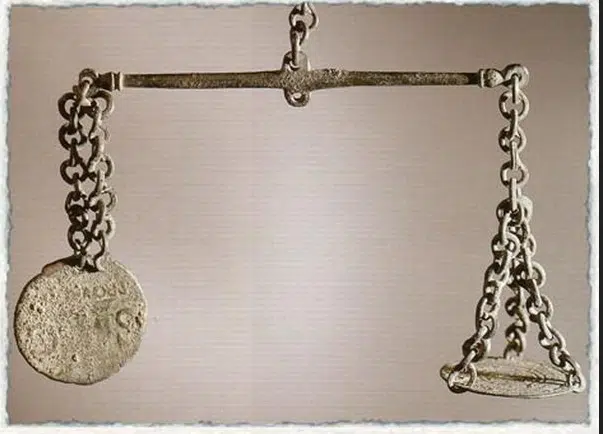Russians received a record number of residence permits in the European Union

EU countries issued more than 94,000 new residence permits to Russian citizens in 2022, exceeding the figures for any period since 2008, according to Eurostat data.
The European Migration Network (EMN) has published several reports for 2022 for different countries. Most residence permits for Russians were issued by EU states like Germany – 16,066, and Spain – 12,611. Oddly enough, Poland (12,277), which actively tightened the rules for entry and stay for citizens of the Russian Federation, was slightly behind. Finland granted residence permits to 8,183 Russians. The Finnish Statistics Office reported that in 2022, the overall migration rate increased from 29,000-36,000 people to almost 50,000, with the largest increase from Russia, the Philippines, and Turkey (excluding Ukrainians who received temporary protection). 6,003 people moved from the Russian Federation, the highest number in the last 30 years. Prior to this, the migration peak from this country was recorded in 1991 (5,500). From 1995-2021, the number of immigrants from Russia did not exceed 3,100 people annually. Finland does not accept tourists from the Russian Federation but grants visas for work, study, and family reunification. Moreover, it now processes residence permit candidates within 15 days.
France issued 6,874 primary residence permits for Russians in 2022, remaining on the list of the most accommodating countries for citizens of the Russian Federation. French representations are also willing to issue Schengen visas; however, it is becoming more and more difficult to secure appointments for document submission due to fraudsters using bots to occupy free slots for later resale.
The lowest figures for issuing residence permits were recorded in Romania – 248, Luxembourg – 391, and Malta – 447. The statistics do not include data from Croatia, Lithuania, and Cyprus, which did not provide information. The share of these countries in approving a residence permit previously amounted to 5.9%, meaning approximately 5,500 more permits may be added to the total. It is important to note that Croatia only joined the Schengen zone on January 1, 2023, and now the conditions for obtaining a residence permit are changing there.
Recall that in 2021, very high rates were also observed – Russians then received 82,900 residence permits. And in previous years, the number of recipients of residence permits among citizens of the Russian Federation did not exceed 76.1 thousand people.
After February 24, 2022, migration from Russia increased sharply. According to experts, the number of those who left the country varies from 400,000 to 800,000. Due to numerous tightening measures in the EU, the largest flows of relocators were recorded in visa-free countries. After the autumn announcement of mobilization, these numbers increased. In September alone, more than 400,000 Russians arrived in Kazakhstan, with many later heading to other states, mainly Uzbekistan, Kyrgyzstan, and Turkey. By the end of November 2022, about 100,000 Russian migrants of the new wave remained in Kazakhstan, and 22,000 received a labor residence permit. The introduction of stricter rules led to more trips.
In September 2022, over 220,000 citizens of the Russian Federation arrived in Georgia. Now, there are approximately 100,000 left, though the figure is approximate due to the frequent border crossings by Russians who can live in Georgia without a visa for a whole year. There is no registration at the place of residence in the country, making it challenging to have precise statistics on permanent residents.
Among other popular destinations for citizens of the Russian Federation are Armenia and Serbia. Turkey has become less attractive because, since December 2022, it has almost stopped issuing tourist residence permits to Russians. Europe remains attractive with different statuses and great opportunities, but there are numerous sanctions and restrictions in EU states. Obtaining bank cards, national visas, and residence permits can be difficult, and some foreign airlines may refuse to board Russians, even with a residence permit. After the introduction of new strict rules in Germany, cars with Russian numbers are being confiscated, and personal belongings are sometimes not allowed to be transported across the Latvian border. Nevertheless, as seen, a significant number of Russians have managed to obtain residence permits in EU countries, with the only exception being the Baltic countries, where chances are decreasing even for those living, studying, and working there for extended periods.






